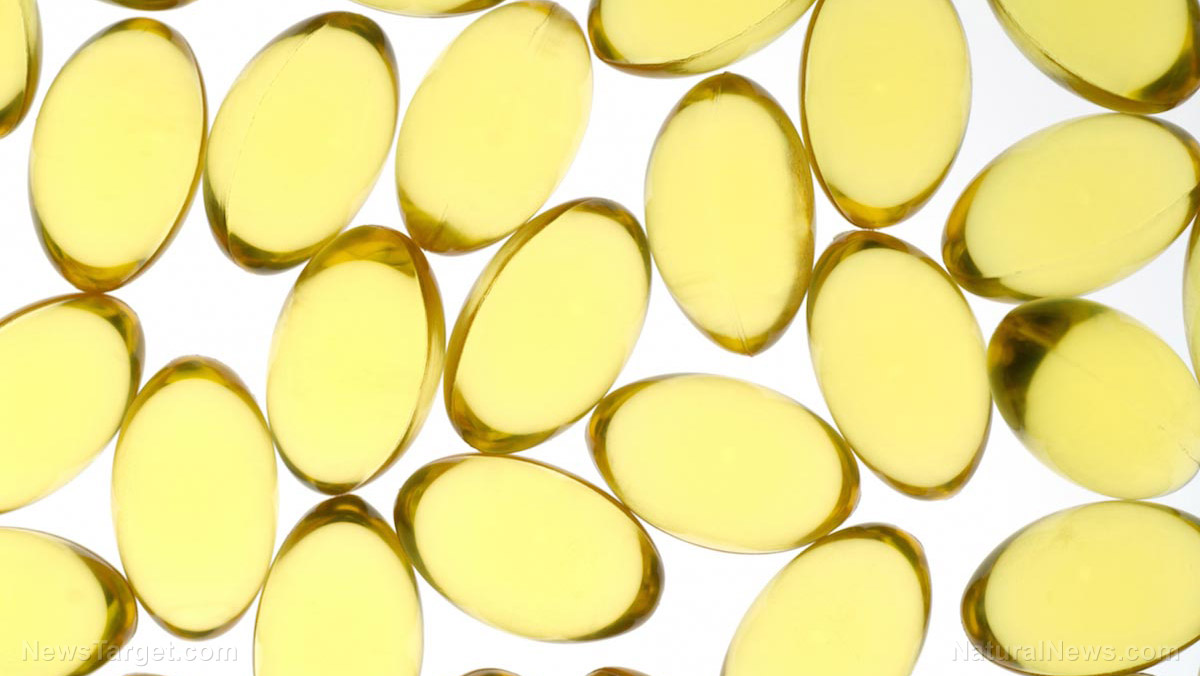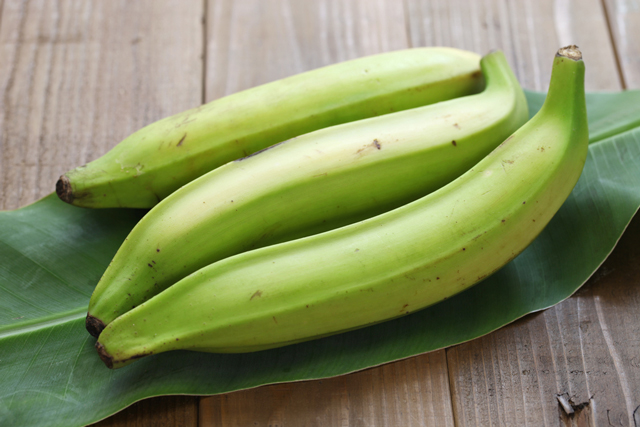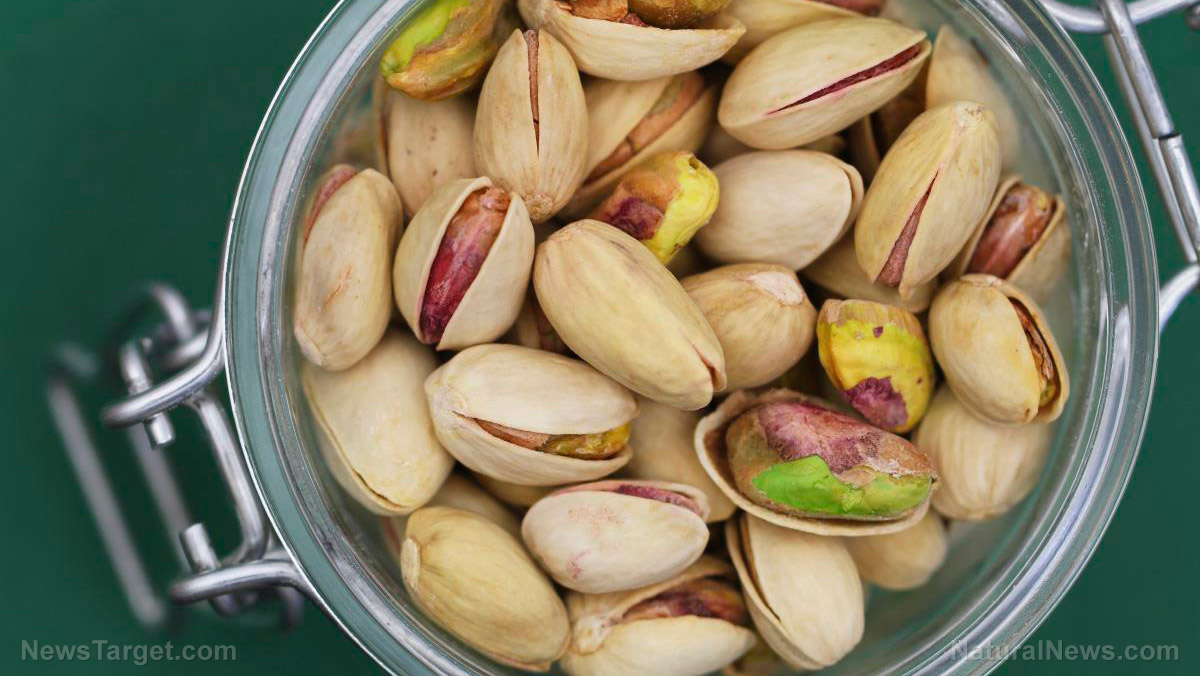Quercetin, a flavonoid found in many vegetables, shows strong potential in treating intraocular cancer
08/13/2018 / By Ralph Flores

A recent study has indicated that quercetin, a flavonol found in many vegetables, contains potent anti-cancer properties. The study, which appeared on BMC Complementary and Alternative Medicine, noted that the anti-cancer effect of quercetin was through inducing apoptosis and cell cycle arrest.
- In earlier studies, researchers have found that quercetin exhibited anti-cancer effects against lung, cervical, prostate, breast, and colon cancer, thanks to its anti-inflammatory, anti-tumor, and antioxidant properties.
- Currently, the study investigates whether these properties are applicable in retinoblastoma (RB), using RB Y79 cell line.
- Multiple assays were done to determine the effect of quercetin in Y79 cells. This included flow cytometry to evaluate cell cycle distribution, apoptosis studies, and mitochondrial membrane potential; cell counting kit to assess cell viability count; and, western blot analysis to study protein expression.
- Results revealed that quercetin negatively impacted the cell viability of Y79 cells, causing an arrest during the initial stage of the cell cycle. This was done by reducing the expression levels of cyclin-dependent kinase (CDK)2/6 and cyclin D3 and by increasing the levels of both CDK inhibitor proteins p21 and p27.
- Quercetin also mediated in apoptosis by activating both caspases-3/-9, while it degraded mitochondrial membrane potential in Y79 cells.
The findings suggest that quercetin could be a novel treatment for human RB.
Find the full text of the study at this link.
Learn more about the health benefits of quercetin at Phytonutrients.news.
Journal Reference:
Liu H, Zhou M. ANTITUMOR EFFECT OF QUERCETIN ON Y79 RETINOBLASTOMA CELLS VIA ACTIVATION OF JNK AND P38 MAPK PATHWAYS. BMC Complementary and Alternative Medicine. 13 December 2017;17(531). DOI: 10.1186/s12906-017-2023-6
Tagged Under: alternative medicine, cancer, food cures, natural cures, natural medicine, natural remedies, plant cures, quercetin, remedies, Retinoblastoma



















